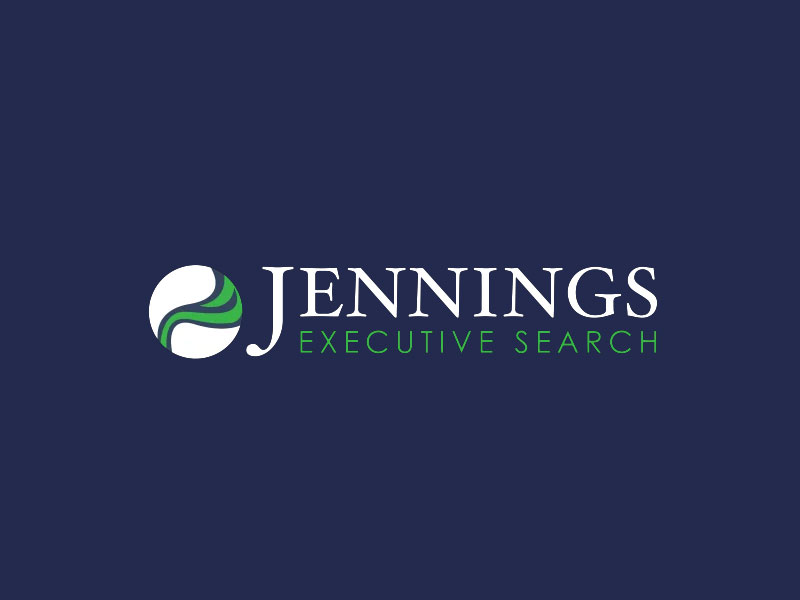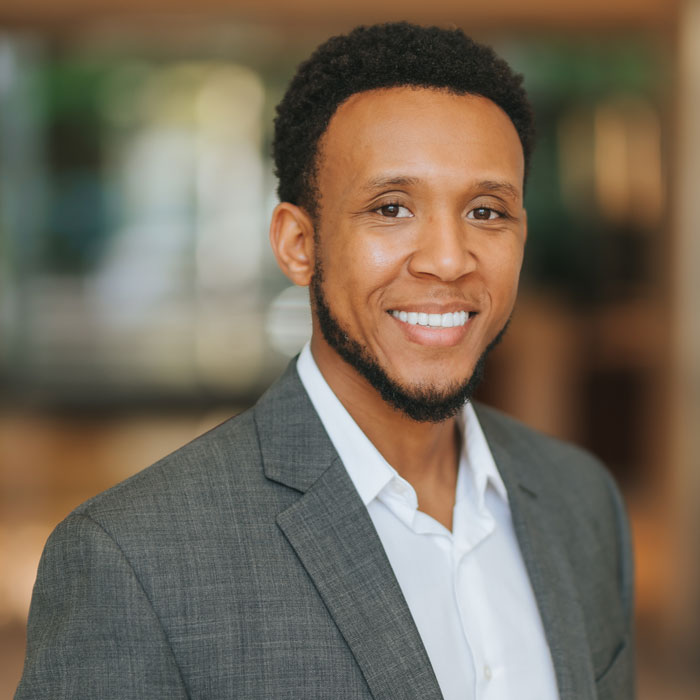Welcome to our comprehensive guide on talent assessment in recruiting! In today’s competitive job market, finding and retaining top talent is crucial for the success of any organization. That’s why it’s essential for HR professionals, recruiters, and business leaders to have a deep understanding of talent assessment methods and their impact on productivity and attrition. In this guide, we will explore different talent assessment techniques, discuss the importance of talent assessment in recruiting, and provide insights on choosing the right talent assessment tools for your company. Additionally, we will delve into the implementation of a successful talent assessment and succession program. So, whether you’re a seasoned recruiter or just starting your career in HR, this guide will equip you with the knowledge and strategies to navigate the future of talent assessment effectively. Let’s get started on this exciting journey!
The Importance of Talent Assessment in Recruiting
Recruitment is a critical process in any organization, and with the increasing complexity of talent sourcing, companies are turning to automation to streamline the process and support business growth. While automation has its benefits, it is important for companies to go beyond automation to enhance their recruitment efforts.
This is where talent assessment comes into play. Assessments play a crucial role in talent sourcing by identifying the most qualified candidates and reducing the risk of hiring the wrong person. By using assessments, companies can minimize bias in the recruitment process and gain valuable insights into a candidate’s potential for growth and fit with the company culture.
The importance of talent assessment is further highlighted by the fact that traditional leadership may no longer be fit for the future. According to a study, 67% of investors believe that traditional leadership is no longer suitable for the future. Additionally, 80% of CEOs see a gap in employee skills as a direct threat to their business. This highlights the need for companies to bridge the gap between their current employees and the skills needed for future success.
Talent assessment methods can include a variety of tools such as work samples, job simulations, cognitive ability testing, and AI-powered video assessments. By incorporating these methods into the recruitment process, companies can not only identify the most suitable candidates for a vacant position but also gain insights into their strengths and weaknesses, aptitude, achievement, personality, and job-specific skills.
In addition to finding the right candidates, talent assessment can also have a positive impact on productivity and cost savings. By selecting the most suitable candidates, companies can experience increased productivity, decreased attrition, and better management of people. Talent assessment also plays a crucial role in hiring, promotion, and career development by identifying individuals with the right skills, knowledge, and potential for growth.
Overall, talent assessment is essential for businesses looking to identify and develop their most valuable employees. It helps bridge the gap between the skills needed for future success and the skills currently available within the organization. By implementing strategic talent assessment methods, companies can make more informed hiring decisions and build a strong foundation for talent management and development.
Exploring Different Talent Assessment Methods
When it comes to talent assessment, there are several methods that can be used to evaluate candidates’ suitability for a position. These methods are crucial in determining not only if candidates can perform the job at hand, but also if they align with the company culture and team dynamics.
One common talent assessment method is the use of work samples and job simulations. This involves providing candidates with a task or project that simulates real-world scenarios they would encounter in the role they are applying for. By observing how candidates perform in these simulations, recruiters and hiring managers can gain valuable insights into their skills, knowledge, and potential.
Cognitive ability testing is another popular talent assessment method. These tests measure candidates’ problem-solving abilities, critical thinking skills, and overall cognitive aptitude. By assessing these cognitive abilities, recruiters can gauge a candidate’s potential for success in a particular role.
In recent years, AI-powered video assessments have also gained popularity in talent assessment. These assessments use artificial intelligence algorithms to analyze candidates’ facial expressions, body language, and speech patterns during video interviews. This method can provide valuable insights into candidates’ communication skills, emotional intelligence, and overall fit for the position.
Implementing a robust talent assessment program can have several benefits for organizations. Firstly, it helps to reduce the number of candidates to a small, super-qualified group, saving time and resources in the hiring process. Secondly, talent assessments can lead to increased productivity and cost savings by ensuring that only the most suitable candidates are hired. Additionally, talent assessments can help decrease attrition rates by identifying candidates who are more likely to thrive in the organization’s culture and environment.
Managing people and making hiring, promotion, and career development decisions based on accurate talent assessments is crucial for organizations to build a strong workforce. By leveraging various talent assessment methods, HR professionals and business leaders can identify and develop the most valuable employees for current and future roles.
However, implementing a talent assessment and succession program can be complex and may require seeking the right partner or organization with the necessary capabilities. It is important to choose tools and methods that align with the organization’s specific needs and goals, ensuring that the talent assessment program is effective and provides meaningful insights into candidates’ strengths and weaknesses.
The Impact of Talent Assessment on Productivity and Attrition
Talent assessment plays a crucial role in the recruitment process, helping organizations identify the best candidate for an open position. Also known as recruitment or candidate assessment, talent assessment is an integral part of the applicant experience and is typically handled by recruiters or in-house HR departments.
One of the key goals of talent assessment is to ensure objectivity and reduce or eliminate bias in the hiring process. By employing intentional and objective assessment methods, organizations can create a more equitable hiring process. This is especially important in today’s diverse workforce where inclusivity and fairness are paramount.
A successful talent assessment program requires a provider with a wider perspective on global work culture and the ability to adapt to changing trends. Data compiled by Korn Ferry reveals new workplace trends and movements, which can inform the design and implementation of effective talent assessment strategies.
Talent assessment programs have a significant impact on productivity and attrition within organizations. By utilizing data-driven assessment methods and incorporating predictive analytics, organizations can make more informed hiring decisions. This can result in improved productivity as well as cost savings by reducing turnover and the need for repeated hiring processes.
Furthermore, talent assessment programs can help organizations effectively manage their people by identifying their strengths and weaknesses, as well as their suitability for different roles. This enables organizations to align employees’ skills, knowledge, and potential with the right positions, enhancing job satisfaction and career growth.
Choosing the Right Talent Assessment Tools for Your Company
With the workplace landscape rapidly evolving and employees becoming more restless, it is crucial for companies to prioritize talent assessment in order to address skill gaps and retain valuable employees. The traditional leadership model may no longer be effective in navigating the challenges of the future workplace. CEOs are recognizing that employee skill gaps pose a direct threat to their businesses, making it necessary to reevaluate the attributes that employers and employees prioritize.
Choosing the right talent assessment tools can play a significant role in effectively addressing these challenges. By utilizing assessment tools that align with the specific needs and goals of your company, you can identify skill gaps, make informed hiring decisions, and develop employees effectively.
When selecting talent assessment tools, it is important to consider factors such as reliability, validity, user-friendliness, and customization. Reliable and valid assessment methods, such as work samples and job simulations, can provide valuable insights into a candidate’s abilities and potential. Cognitive ability testing and AI-powered video assessments can also be effective in predicting job performance.
Investing in the right talent assessment tools can lead to increased productivity, cost savings, and decreased attrition. By effectively managing people and making informed decisions about hiring, promotion, and career development, companies can ensure that they have the right people in the right positions. Assessing skills, knowledge, potential, and suitability can help identify individual strengths and weaknesses, enabling targeted development initiatives.
Talent assessment tools can also be valuable in assessing job-specific skills, language skills, and leadership potential. By implementing a comprehensive talent assessment program, companies can identify high-potential employees and develop a succession program to ensure a strong pipeline of future leaders.
Implementing a Successful Talent Assessment and Succession Program
Implementing a successful talent assessment and succession program is crucial for the long-term success of a business. As mentioned earlier, many businesses do not have a formal succession plan in place, which can lead to leadership gaps and reduced productivity. To ensure a smooth transition and continuity of business operations, it is important to understand the concept of succession planning and talent development and how they contribute to the overall growth and stability of a business.
Finding the right assessment and succession provider is essential for the success of the program. The provider should have a thorough understanding of the challenges faced by businesses and be able to tailor their approach to meet specific needs. Assessing and developing talent is a continuous process that requires ongoing evaluation and adjustment.
The guide provided offers practical information and resources to help businesses make informed decisions when selecting an assessment and succession provider. It covers various talent assessment methods, such as recruiting, work samples, job simulations, cognitive ability testing, and AI-powered video assessments. By utilizing these methods, businesses can identify the strengths and weaknesses of their employees, assess their aptitude and achievement, evaluate their personality traits, and determine their job-specific skills and language abilities.
Implementing a talent assessment and succession program has numerous benefits. It can lead to increased productivity, cost savings, decreased attrition, and the ability to manage people more effectively. By identifying and developing valuable employees, businesses can ensure that they have a strong talent pipeline to fill vacant positions and drive future growth. Furthermore, a well-executed succession program can help identify and groom future leaders, ensuring a smooth transition of leadership and maintaining business continuity.
To Sum Things Up
As we conclude this comprehensive guide on talent assessment in recruiting, it is clear that talent assessment plays a pivotal role in the success of any organization. By implementing effective talent assessment methods, HR professionals, recruiters, and business leaders can identify and attract top talent, leading to increased productivity and reduced attrition. Additionally, choosing the right talent assessment tools tailored to your company’s needs is crucial for accurate and reliable assessments.
Lastly, implementing a successful talent assessment and succession program ensures a continuous pipeline of skilled individuals ready to take on leadership roles. By embracing the strategies and insights shared in this guide, you are well-equipped to navigate the future of talent assessment and drive your organization towards success in the ever-evolving job market. Good luck on your journey!
Sources:
The Importance of Assessments in Talent Sourcing: Enhancing Recruitment Automation
6 talent assessment methods to use for recruiting in your company
What Is Talent Assessment? (Definition, Benefits) | Built In
25 Best Talent Assessment Tools for Recruiters – Recruiterflow Blog
5 Strategies for Effective Succession Planning and Talent Development | HireQuotient
About Jennings Executive Search
Jennings Executive Search is a premier executive recruiting firm specializing in connecting top-tier talent with leading companies in private equity, finance, pricing strategy, and consulting sectors. With a deep understanding of the nuanced needs of these industries, Jennings Executive Search stands out for its ability to source candidates who not only meet but exceed expectations.
Whether you are looking to build a robust team, find a transformative leader, or gain insights into talent trends in your industry, Jennings Executive Search is your trusted partner. Connect with us to discover how we can help elevate your organization’s talent strategy and drive success.
















